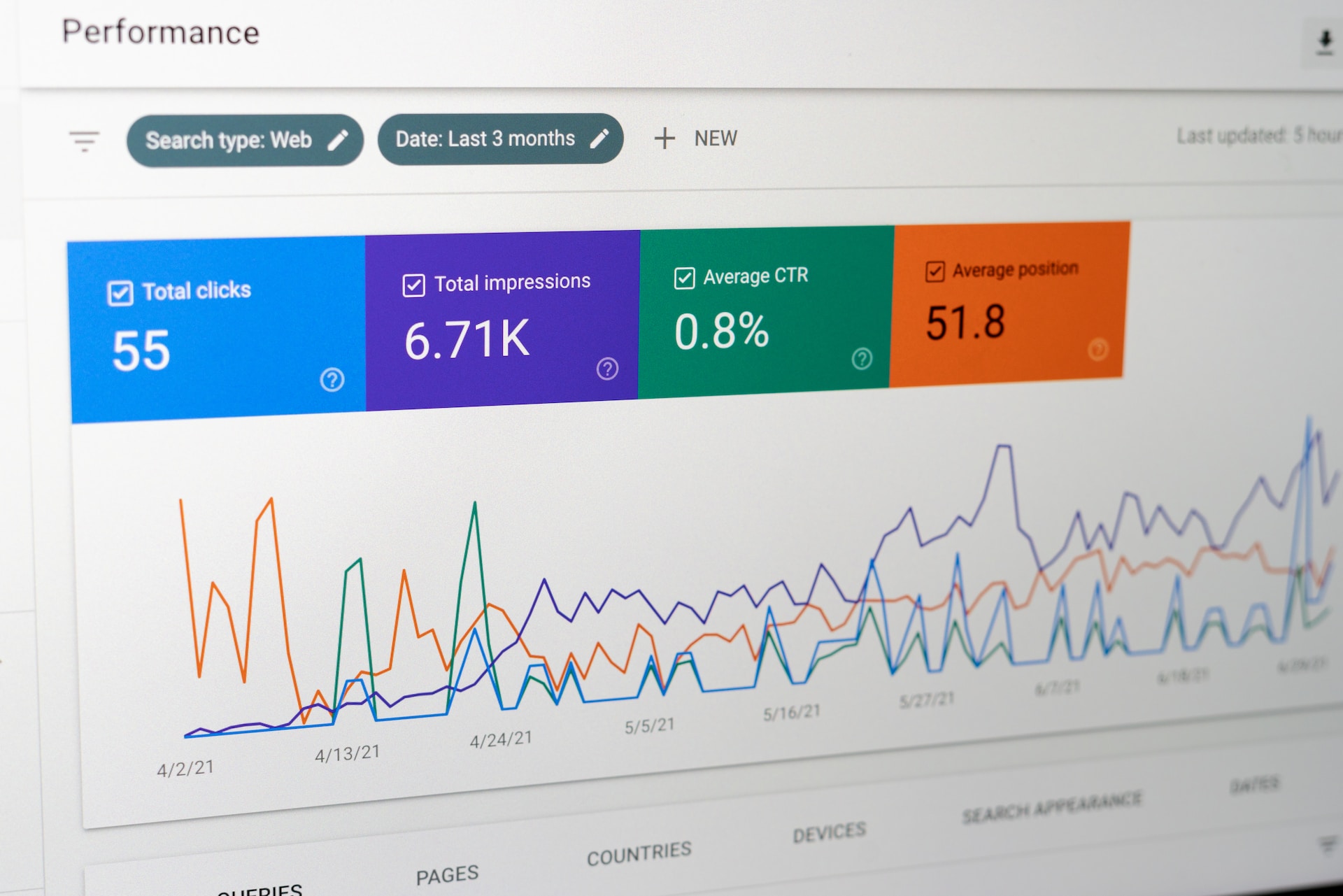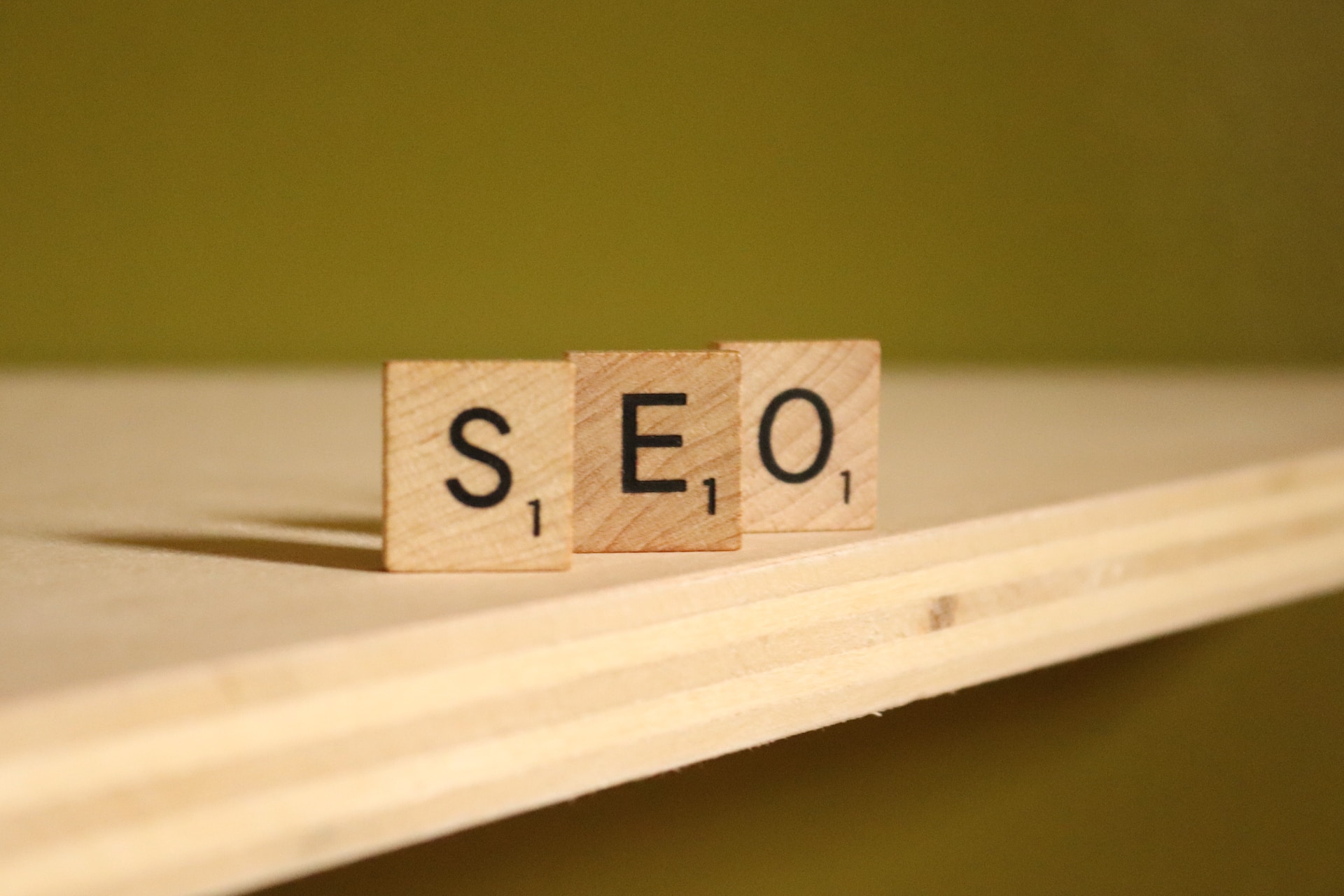Introduction:
In today’s fast-paced, digital-driven world, the landscape of marketing has undergone a significant transformation. Traditional marketing strategies, such as print advertisements and billboards, have taken a backseat to the more dynamic and targeted approach of digital marketing. In this article, we will explore the evolution of digital marketing, tracing its roots from traditional methods to the modern strategies that dominate the industry today.
The Rise of Digital Marketing:
With the advent of the internet, digital marketing emerged as a game-changer. It provided businesses with new channels to reach their target audiences more effectively. Email marketing, banner ads, and search engine optimization (SEO) were some of the early digital marketing tactics that gained popularity. These strategies allowed businesses to connect with potential customers on a global scale, transcending geographical limitations.
The Era of Social Media:
The rise of social media platforms like Facebook, Twitter, and Instagram revolutionized the digital marketing landscape. These platforms offered businesses an opportunity to engage directly with their target audience, build brand awareness, and foster meaningful relationships. Social media marketing became a pivotal aspect of digital marketing strategies, enabling businesses to create viral campaigns and leverage user-generated content.
Personalization and Targeting:
As digital marketing continued to evolve, the focus shifted towards personalization and targeting. Advances in data analytics and consumer insights empowered marketers to understand their audience on a deeper level. They could tailor their messaging and campaigns based on demographics, interests, and behaviors, thereby increasing relevancy and engagement. This approach led to higher conversion rates and improved return on investment (ROI).
Content Marketing and SEO:
Content marketing emerged as a prominent strategy within digital marketing. It involved creating valuable, informative, and engaging content to attract and retain an audience. By providing relevant and high-quality content, businesses positioned themselves as thought leaders in their respective industries. Additionally, search engine optimization (SEO) became vital for businesses to rank higher in search engine results, driving organic traffic and enhancing online visibility.
Mobile Marketing and Beyond:
The proliferation of smartphones and mobile devices gave rise to mobile marketing. Marketers adapted their strategies to optimize user experiences on mobile platforms, such as responsive website design and mobile app development. Mobile advertising and location-based marketing further enabled businesses to connect with consumers on the go. Today, emerging technologies like artificial intelligence (AI) and voice search are shaping the future of digital marketing, providing new opportunities for businesses to engage with their audience.
Conclusion:
The evolution of digital marketing has been nothing short of remarkable. From traditional marketing methods to the modern, data-driven strategies we see today, the journey has transformed the way businesses connect with their customers. Digital marketing continues to evolve at a rapid pace, driven by technological advancements and changing consumer behaviors. To stay ahead in this competitive landscape, businesses must embrace these modern strategies, adapt to new trends, and continue to deliver personalized, valuable experiences to their target audience.





